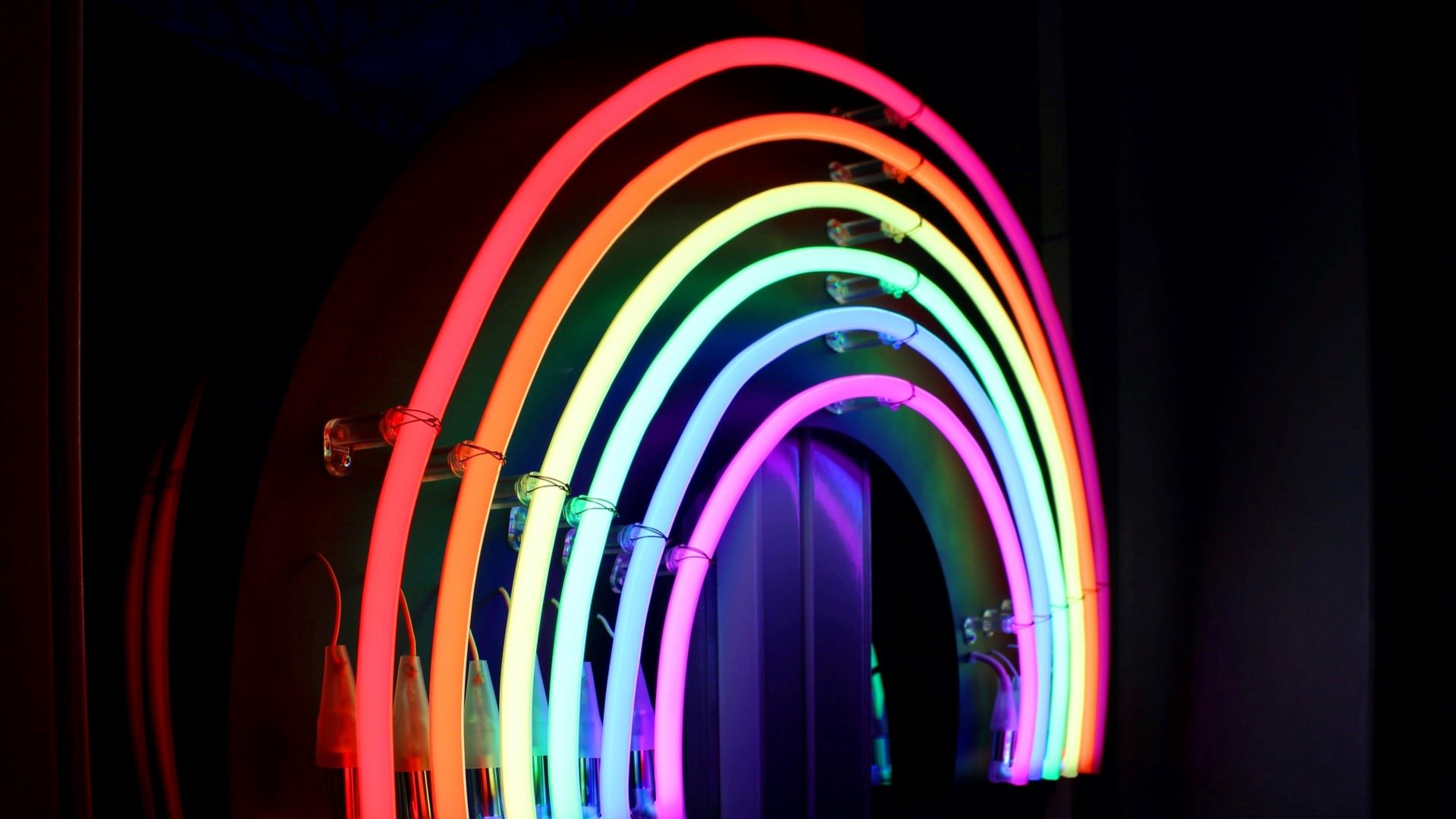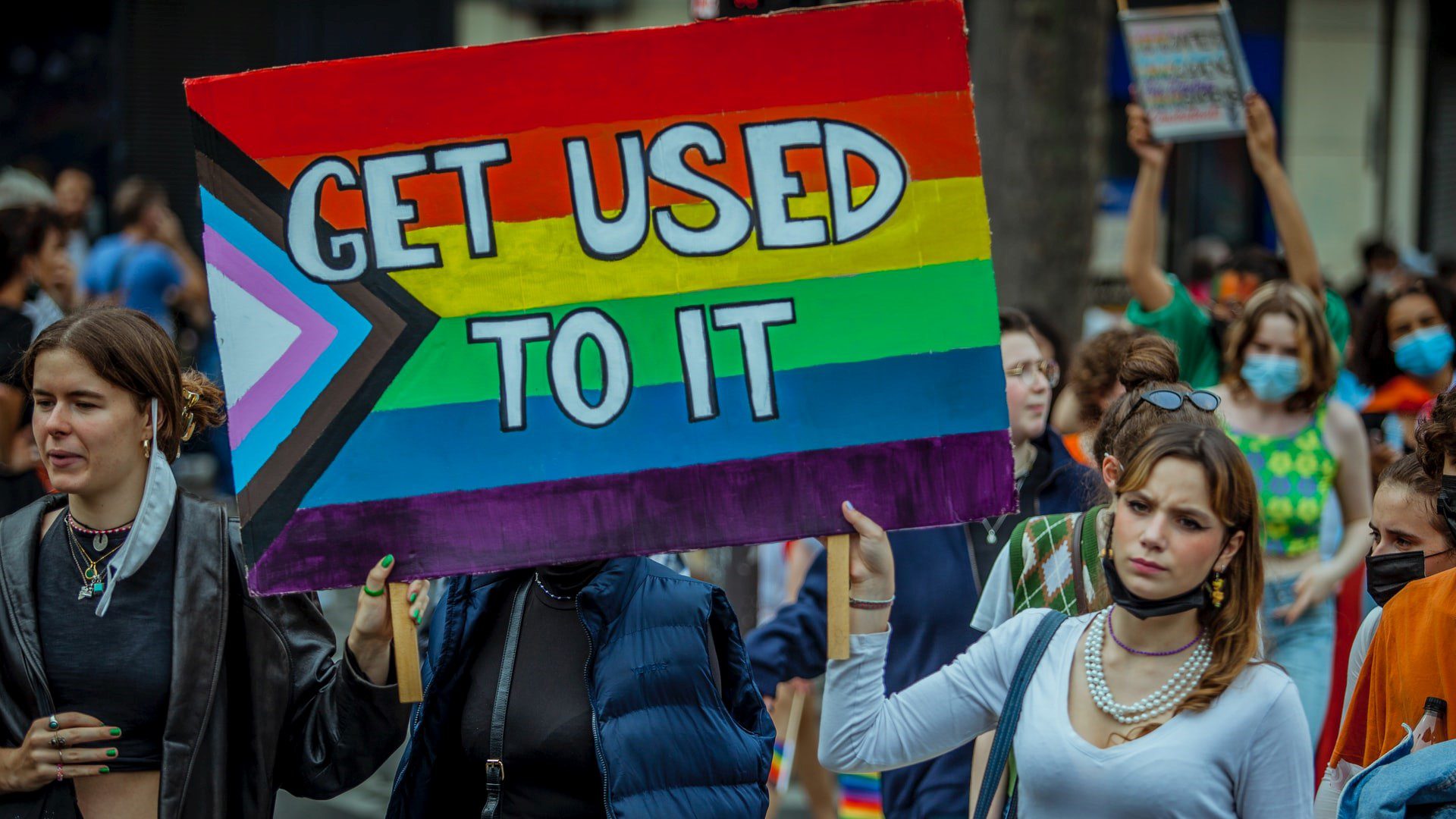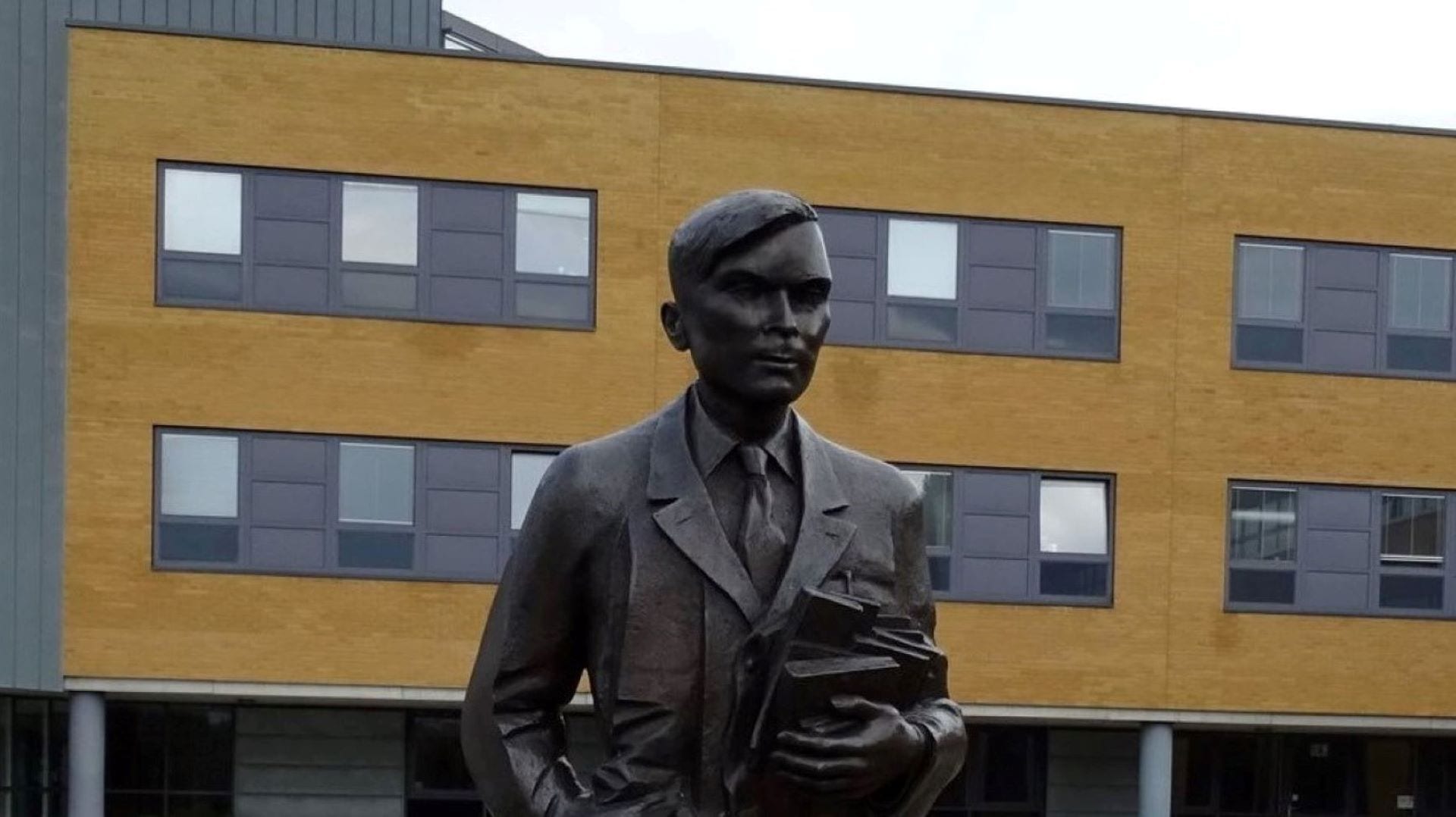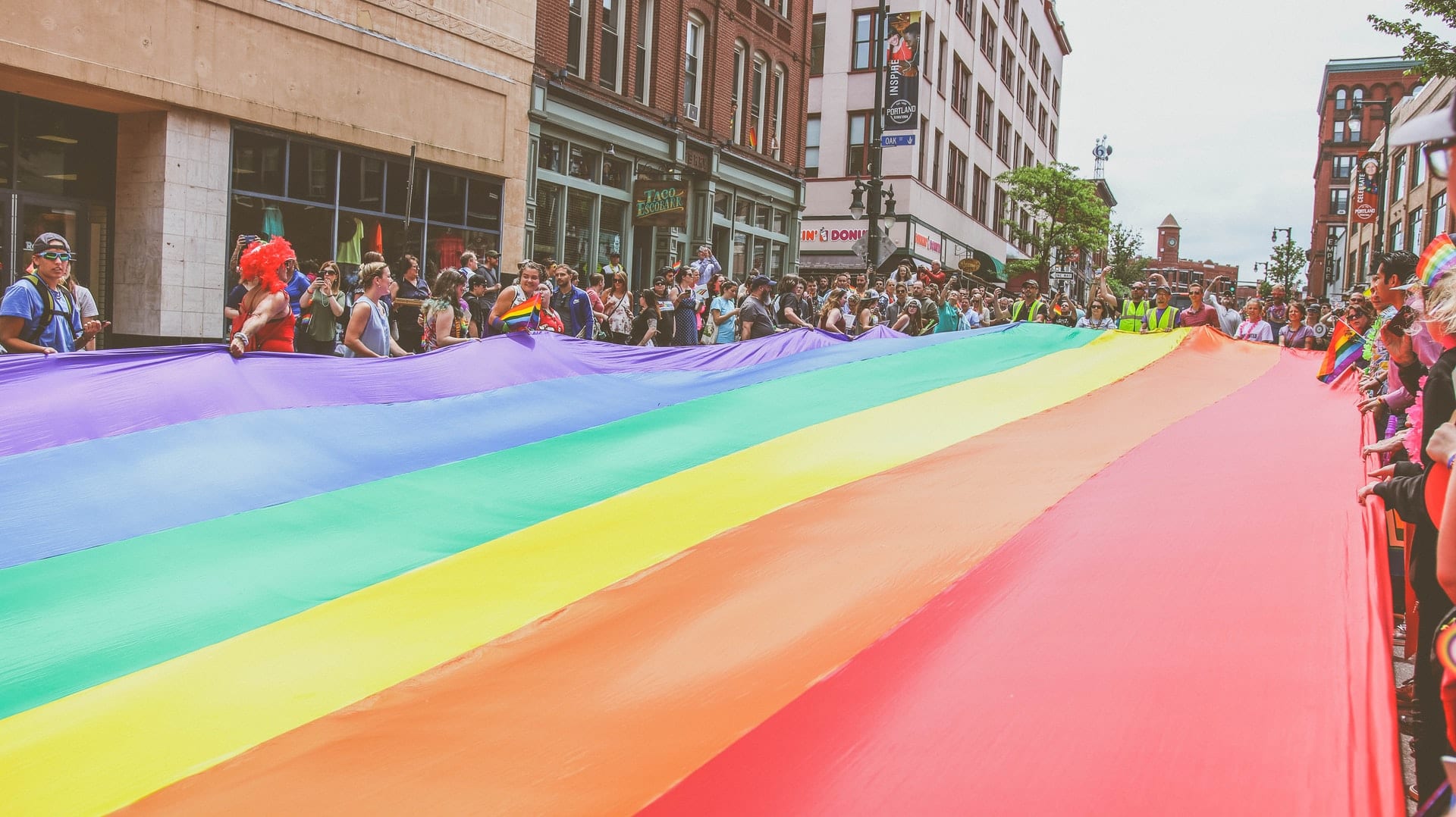This year marks seven years since one of the most important dates in Ireland’s modern history. On May 22, 2015, the Irish electorate voted to recognize the right to marriage regardless of the sex of the partners, overturning a constitutional ban on same-sex marriage.
The referendum was the result of a long-fought campaign by activists to lobby the traditionally conservative government to give the Irish people a say in their own self-determination.
The proposal to repeal the constitutional ban on same-sex marriage passed in a landslide. 62 percent of the electorate voted for change, meaning that those backing equal marriage came from many walks of life.
Such an outcome reflects a monumental change across Irish society. The Irish people suffered for many decades in an insular, staunchly conservative, and almost theocratic state that heavily restricted social freedoms.
Books such as Brave New World and Catcher in the Rye were banned, condoms were illegal without prescription until 1985, homosexuality was illegal until 1993, and divorce was constitutionally banned until 1996.
Despite the Catholic Church having a unique grip on state education in Ireland, the Irish people slowly sought to unshackle Irish society from a government-imposed idea of what it was to be Irish and to be moral.
As Ireland’s economy and wealth grew, in no small part thanks to an increasingly pro-market, globalist outreach with one of the world’s lowest corporate tax rates, there was suddenly an appetite in Ireland for widespread social change as young people were more likely to remain and settle in Ireland.
These young people who stayed were less likely to be religious, and those who were religious were more likely to view religion as a personal matter rather than a matter for the state — a radical shift from how religion and the state had once been seen as partners. The Irish had tasted the benefits of economic freedom and were ready to seek out civil liberties for all.
Ireland seems unique among its peers in the West in that our modern popular movements have successfully pushed Ireland towards becoming a more open society, in contrast to EU neighbors such as Poland and Hungary, or even the United States, where new attempts to restrict LGBTQ+ expression seem to be popping up each week.
For a long time now, it seems as though many countries that have been seen as beacons for liberty and individual freedom are increasingly buckling under the pressure of partisanship and the toxic political culture it has fostered.
It is my hope that during Pride Month, as we in Ireland celebrate the bounties of liberty, those in countries where liberty seems to be out of reach or no longer popular can look to us as a beacon of hope; not only have we successfully changed our laws, we did so through a popular vote, meaning we changed hearts and minds on crucial issues.
As people across the globe celebrate their own identities in the face of both historical and modern, personal and societal oppression this month, let us draw on their strength, and let Ireland serve as a reminder to all those who fight for freedom; people are open to liberty, even in places where history might lead you to assume otherwise.
For more content on issues related to personal freedom, be sure to check out our Peace, Love, Liberty video playlist by clicking on the button below.
This piece solely expresses the opinion of the author and not necessarily the organization as a whole. Students For Liberty is committed to facilitating a broad dialogue for liberty, representing a variety of opinions.









